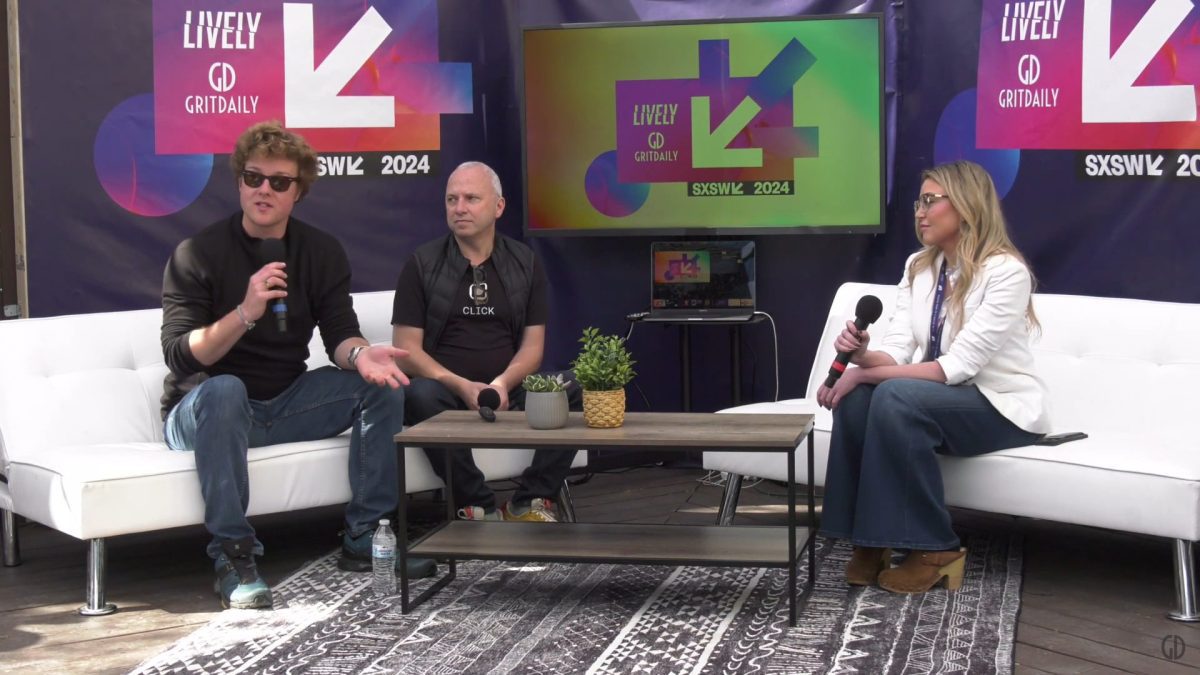It’s an election year for multiple countries around the world, which means mass disinformation is again in the spotlight of public consciousness. As campaigns intensify their messaging and media cover what promises to be one of the most pivotal elections ever, every communication channel has become saturated by contradictory claims.
While not an issue limited to election cycles, these periodic events serve as stark reminders of how susceptible our information systems are to being disrupted by disinformation. The stakes during elections are especially high as they prevent citizens from making informed decisions by making it harder to separate fact from fiction.
Researchers who evaluated the effect of disinformation in Italy’s election found that one person liking a Facebook post sharing fake news could represent “an electoral gain of 0.145 votes for populist parties”. The researchers also concluded that while other elements are at play, fake news alone can have a statistically significant effect on elections.
disinformation’s effects, however, are not limited to the world of politics or any given cycle. Public health, marketing, financial investing, and many other domains are vulnerable to it. These are areas in which every individual gets affected and bombarded with disinformation on a regular basis, whether through deceptive marketing, scams, or conspiracy theories.
It is not unusual for people to think that disinformation only affects other people, believing themselves to be immune to it. This couldn’t be further from the truth as research suggests that disinformation persists even in those who are concerned about it and actively seek to debunk it.
The effects of disinformation are not even limited to humans but also the tools we develop. Artificial intelligence has not only already been used to create content for such efforts but it has also fallen victim to it. After all, generative AI and other models have been trained using information that is already impacted by disinformation, which has led to biased systems.
Combating the viral spread of deep fakes, doctored media, and AI-generated falsehoods is not as easy as most people think. Even when someone is on guard and conscious of how it operates is likely to be affected by it. In fact, searching online to try to evaluate the veracity of certain information can increase the likelihood of believing it to be true.
This cognitive bias causes people to develop a skewed sense of truth around ideas or claims they repeatedly encounter, even if those claims are ultimately inaccurate or misleading. The internet’s endless sea of disinformation means we are constantly re-exposed to the same fictions pretending to be facts across websites, social feeds, messaging apps, and other online channels.
So how exactly can disinformation be countered if being aware of its existence and strategies is not enough? Many believe that just like technology made it easier for disinformation to spread, it can help counteract not only its spread but also make it easier to discriminate the authentic from the fake.
In this sense, blockchain technology has been one of the most promising technologies to fight disinformation. With decentralized ledgers working entirely on the concept of provenance, the technology could help identify where certain information originates from, making it easier to evaluate its authenticity.
The role of blockchain technology’s role at helping fight disinformation was one of the most important topics touched on by Nodle founders Micha Anthenor Benoliel and Garrett Kinsman earlier in March. They sat to speak with Kindred PR founder Tina Mulqueen as part of the “Building Trust & Ensuring Authenticity with Blockchain” during this year’s edition of The Lively & Grit Daily House during SXSW.
Nodle is a smartphone-powered blockchain network meant to make blockchain more accessible to users and developers. The company recently launched “Click”, a mobile app meant to help internet users verify the provenance of pictures taken from their phones. The Click app seeks to help build digital trust at a time when disinformation is becoming the law of the internet.
If you couldn’t attend this year’s edition of SXSW and want to know what Benoliel and Kinsman had to say about making the internet a more authentic experience, worry not. The panel is available to watch in the video below. If you are interested in watching more panels, be sure to check out Grit Daily’s YouTube channel.
[embedded content]
Juan Fajardo is a News Desk Editor at Grit Daily. He is a software developer, tech and blockchain enthusiast, and writer, areas in which he has contributed to several projects. A jack of all trades, he was born in Bogota, Colombia but currently lives in Argentina after having traveled extensively. Always with a new interest in mind and a passion for entrepreneurship, Juan is a news desk editor at Grit Daily where it covers everything related to the startup world.

